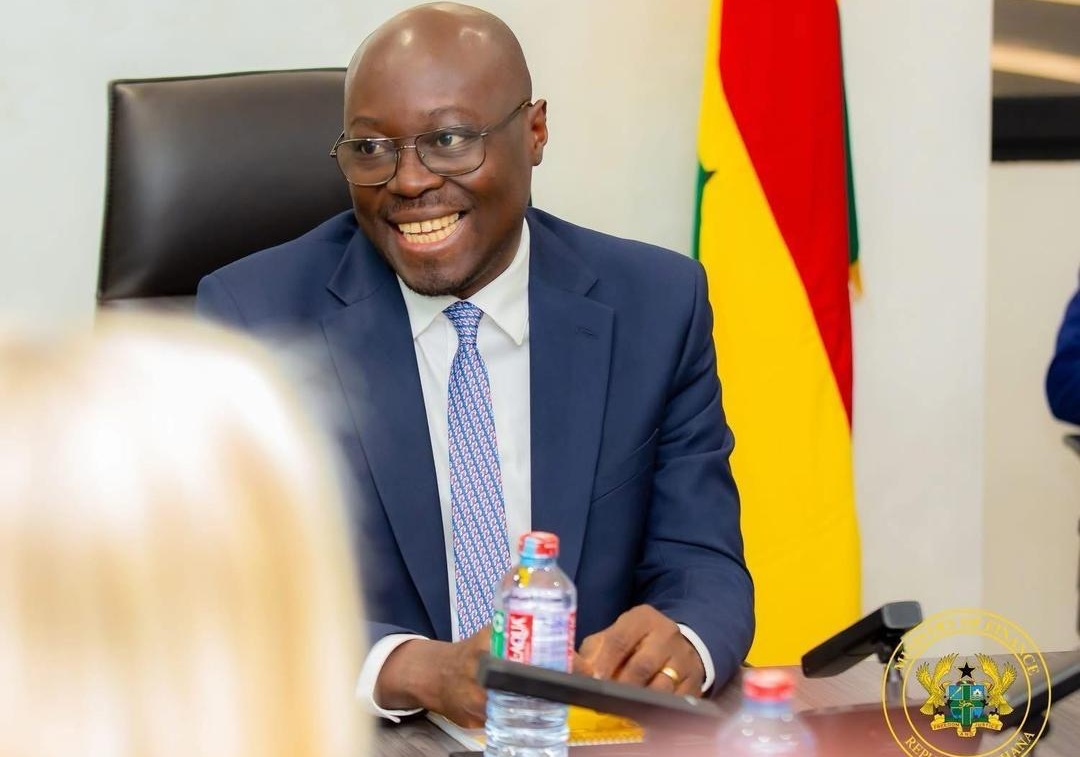The government has moved to reassure investors, donors, and financial markets that Ghana will maintain fiscal discipline after its International Monetary Fund (IMF) programme concludes in May 2026.
Concerns have been raised that the country could slip back into unsustainable spending once the 36-month Extended Credit Facility (ECF) worth $3 billion ends. But government sources told Joy Businessthat such fears are misplaced, stressing that Ghana’s current performance under the IMF arrangement reflects deliberate policy choices and a firm commitment to prudence—not simply external oversight.
To reinforce market confidence, officials say government is considering subscribing to one of the IMF’s policy instruments, though not a full programme. They argue that such a move would provide an additional safeguard and signal Ghana’s determination to sustain fiscal stability.
The debate comes amid suggestions by some donors that Ghana’s macroeconomic gains in recent years have been driven largely by IMF supervision. One government official dismissed this view, insisting that the fiscal discipline seen so far has been anchored in homegrown reforms.
Even so, market watchers remain cautious. Ratings agencies are said to be weighing the risk of fiscal slippages post-IMF in their upcoming assessments of Ghana’s creditworthiness. Analysts note that sustaining discipline beyond May 2026 will be a major test for government, particularly after President John Mahama confirmed that the IMF programme will not be extended.
Meanwhile, an IMF staff mission is expected in Accra at the end of September 2025 for the fifth review of Ghana’s programme. The penultimate review, which will assess data up to June 2025, is expected to focus on inflation trends, reserve sustainability, revenue shortfalls, arrears audits, and challenges facing state-owned and private banks. Arrears in statutory funds such as the NHIL, GETFund, and Road Fund, as well as gaps in social spending, will also come under scrutiny. The final review is scheduled for April 2026.
Approved in May 2023, Ghana’s IMF programme has been central to restoring macroeconomic stability. Its priorities include improving revenue mobilisation and spending efficiency, expanding social protection, strengthening public financial management, reforming taxation, and addressing weaknesses in the energy and cocoa sectors, while tightening monetary policy to curb inflation.
Donors have urged Ghana to build “shock absorbers” to protect the economy once IMF support ends. But government officials insist the country is on a path of genuine, long-term fiscal discipline.













